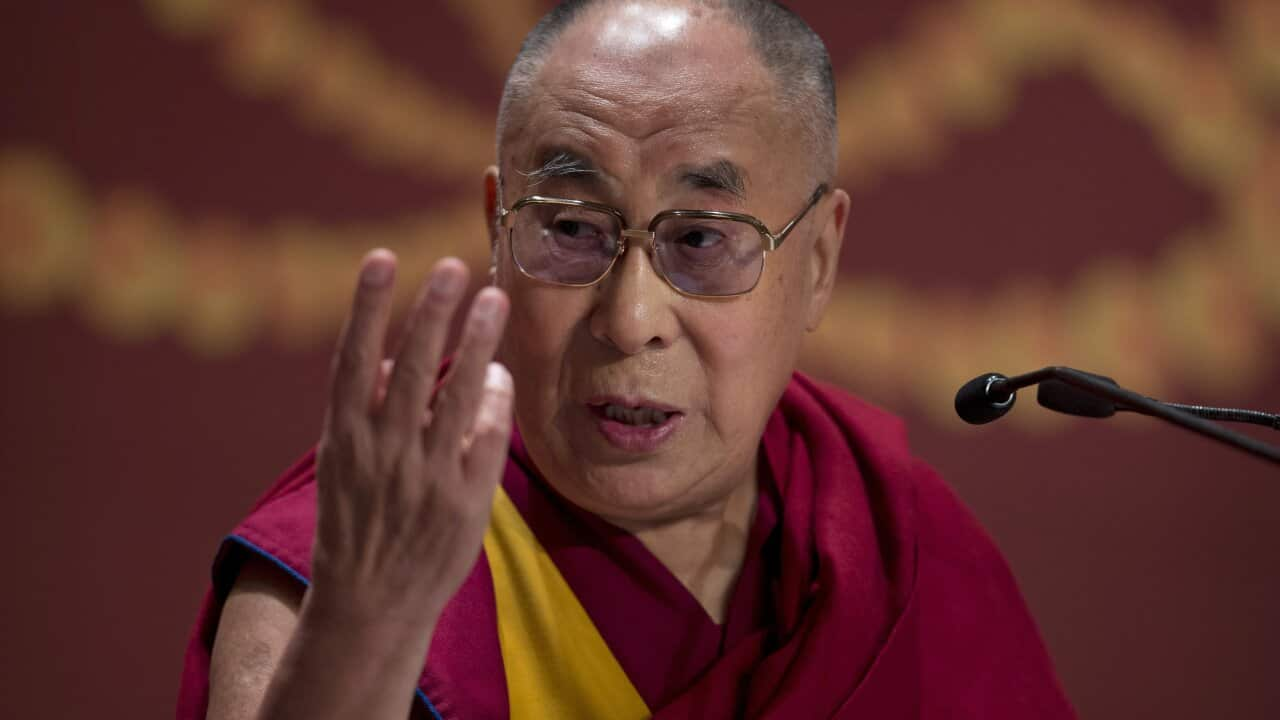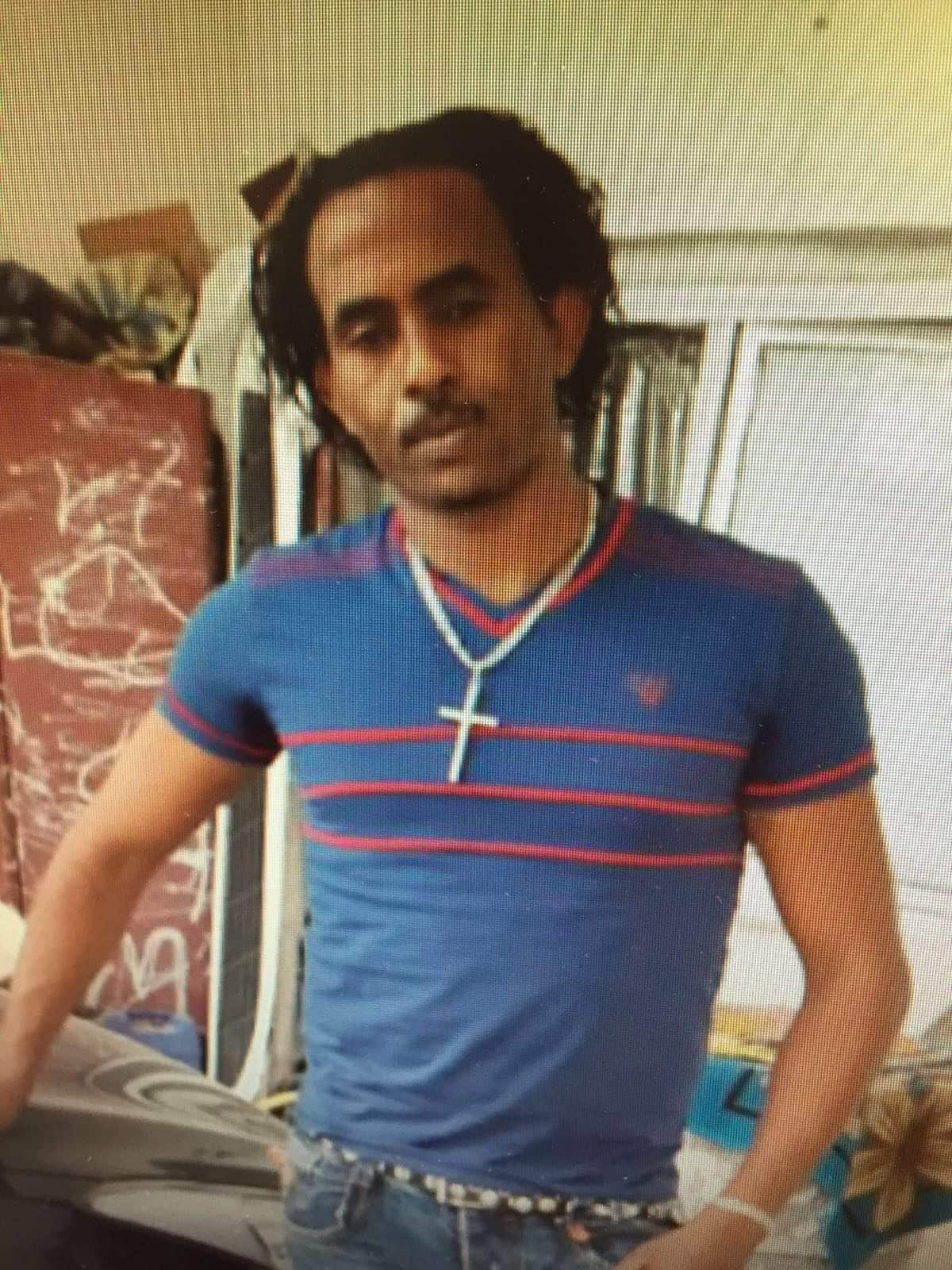The UN claims Eritrean leaders have committed torture, rape, murder and enslavement of hundreds of thousands of people.
They are calling for the case to be referred to the International Criminal Court.
Atrocities had been committed since the country's independence in 1991 and were continuing, the UN Commission of Inquiry said in a report on Wednesday, which was immediately rejected by the government.
"Particular individuals, including officials at the highest levels of State, the ruling party - the People's Front for Democracy and Justice - and commanding officers bear responsibility for crimes against humanity and other gross human rights violations," the report said.
"We probably think there's 300,000 to 400,000 people who have been enslaved," Mike Smith, the Australian diplomat leading the inquiry, said, referring to people drafted into military service and sent away for years to remote areas.
Eritrea's poor treatment of its own people has motivated many thousands to flee the country, according to the UN refugee agency.
Smith believes the country still has a "shoot-to-kill" policy on the borders to stop them, but it was not being rigorously enforced.
The inquiry has compiled files on key suspects to assist future prosecutions, but Smith declined to give details or to say if President Isaias Afwerki was among them.
Presidential Adviser Yemane Ghebreab said the report was biased and based on false evidence and failed to take into account Eritrea's achievements and the "continuing state of war" with neighbouring Ethiopia.
The central accusation of crimes against humanity was "laughable", he said, and compared the shoot-to-kill allegation to the claims of Iraqi weapons of mass destruction that preceded the 2003 US invasion of Iraq, which later proved false.
Eritrea was a "low crime society" with only one or two rapes a year in a population of almost four million, he said.
The report said visitors should not be fooled by the "general sense of calm and order" in the capital Asmara, because abuses were carried out in military training camps and detention centres.
Recommended reading

China urges United Nations to boycott Dalai Lama
Eritrea's government did not allow the inquiry team to visit the country, although its diplomats met the investigators at the UN headquarters in New York and in Geneva.
The inquiry said there had been no improvement since last year's 484-page dossier describing extrajudicial killings, widespread torture, sexual slavery and enforced labour.
At the time it did not have a mandate to recommend referral to the ICC.
The UN Human Rights Council will debate the report on June 21, and Eritrea will be the subject of a resolution brought by other African countries.
Diplomats say Eritrea lacks allies who will defend it.
'Wrong man'
Italian and British authorities say a kingpin of the migrant trafficking business who made millions smuggling people from Africa to Europe has been extradited from Sudan and will face trial in Italy.
Italian police say Mered Yehdego Medhane, a 35-year-old from Eritrea, had been on the run since April 2015, when Palermo prosecutors issued arrest warrants for him and 23 other suspected human smugglers.
Britain's National Crime Agency, which helped apprehend the fugitive, described Mered as one of the world's most wanted people smugglers. It connected him to a major shipwreck off the Italian island of Lampedusa in October, 2013, which killed 366 and was then the deadliest in recent Mediterranean history.
It connected him to a major shipwreck off the Italian island of Lampedusa in October, 2013, which killed 366 and was then the deadliest in recent Mediterranean history.

An undated handout photograph made available by the British National Crime Agency (NCA) on 08 June 2016 showing Mered Medhanie (AAP) Source: AAP
Despite the accusations, Meron Estefanos, a Swedish-Eritrean journalist claims Mr Medhane was the wrong man.
"I called the refugees who know the real smuggler and I showed them the picture of what the Italians published and then everybody said 'No, that's not the smuggler that smuggled us into Europe'," she told the BBC.
"I believe they have the wrong person. This is a refugee who happened to be in [Sudanese capital] Khartoum at the wrong place at the wrong time."
Share


